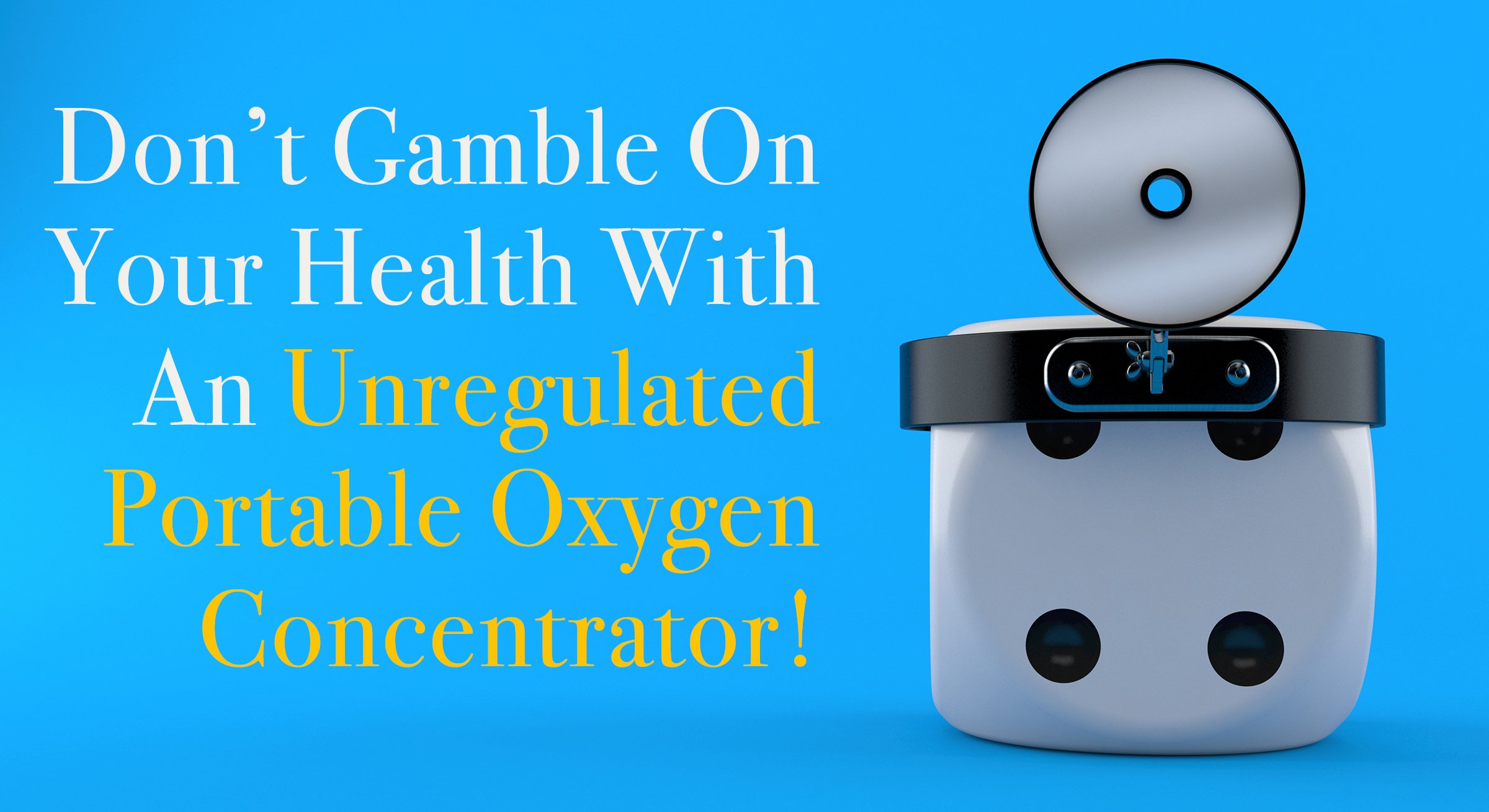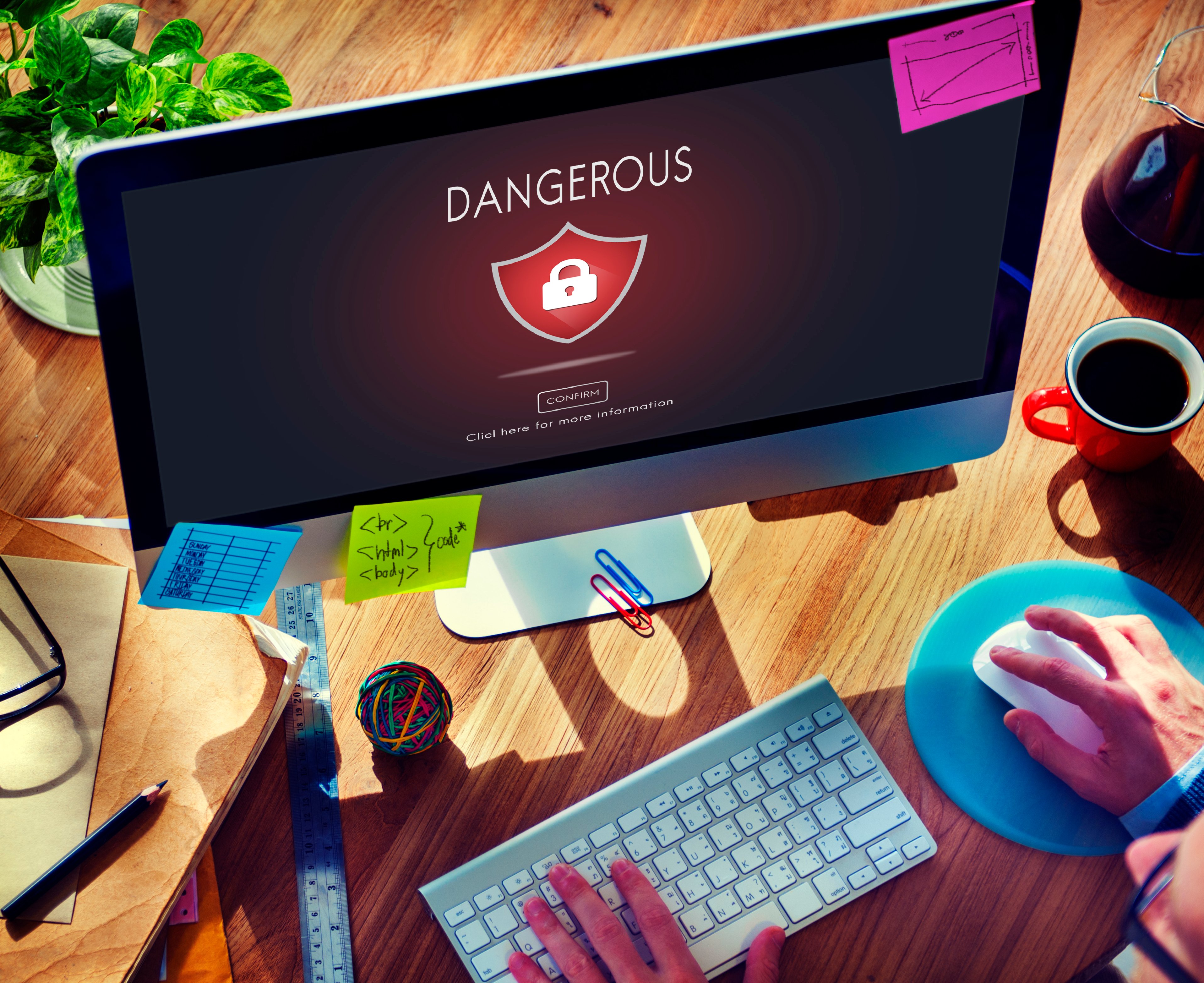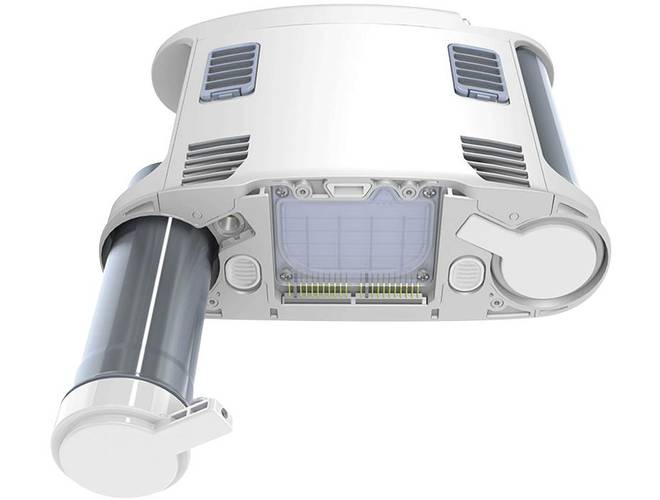
A portable oxygen concentrator is one of the most beneficial investments you can make for your health and quality of life. It wasn’t long ago that respiratory patients who were prescribed medical oxygen were relegated to a life of heavy tanks and being homebound much of the time. Today oxygen patients can live very full and independent lives thanks largely to portable oxygen technology.
When purchasing anything that has a hefty price tag, it’s natural to want to save as much as you can. However, though it’s possible to find bargain portable oxygen concentrators, it’s not worth gambling your health, or even your life to save a few bucks. There are some safe and effective ways to save on a concentrator while still purchasing a machine that is medically sound. First let’s take a look at what not to do.
Purchasing from Craigslist, Ebay, or Amazon

Much of our shopping is done online these days and many portable oxygen distributors, ourselves included, reach the majority of our customers via the internet. While it may be perfectly acceptable to purchase gardening tools, musical instruments, or even cars on places like Craigslist, Ebay, or Amazon, it’s not safe to purchase medical devices.
Portable oxygen concentrators are prescription devices and therefore are required to produce medical grade oxygen at all settings in order for the patient to be receiving the full dose of oxygen, as prescribed by their doctor. Prescription items in the US are regulated by the FDA. Most of the devices found on online marketplaces are produced overseas and are therefore unregulated.
- The FDA requires that the flow provided by the device be more than 90% pure oxygen on all settings so that the patient will remain properly titrated.
- It also ensures that devices are assembled following electrical safety guidelines in place.
- Because the devices are FDA regulated, approved distributors are required to ask for a valid prescription. If your dealer does not ask to see a copy of your prescription, this is a red flag that they are not authorized dealers.
Dangers of Purchasing From Unauthorized Dealers
Purchasing from someone who is not authorized to distribute prescription devices is dangerous for many reasons.
As we’ve already discussed, the device may be little more than a fan that does not produce medical grade oxygen. Your doctor likely put you on oxygen because your oxygen saturation levels regularly dip below 90%, meaning that you are in a state of hypoxemia. Every single cell and organ in your body relies upon oxygen to do the things it needs to do to keep you alive. Depriving those cells and organs of oxygen causes permanent damage. If the oxygen device you purchased isn’t providing you the level of oxygen you’ve been prescribed, you’re risking further organ damage or possibly even death.
If you buy an unregulated device, you have no way of knowing what level of oxygen it is producing. The air we breathe is about 78% nitrogen and 21% oxygen. Someone with healthy lung function will inhale this ambient air into their lungs where a gas exchange occurs. Oxygen is retained and the nitrogen and other gasses are exhaled. Generally someone with regular lung function can maintain an oxygen saturation level in the mid to high 90 percentile. Someone unable to effectively perform this gas exchange requires a machine that will draw in ambient air containing 21% oxygen and release a dose that is between 90 to 96% pure oxygen.
How do Oxygen Concentrators Work?

Oxygen concentrators draw ambient air into sealed tanks of medical sieve. Sieve is like very fine sand. Since oxygen molecules are smaller than molecules of nitrogen and other gasses, they can pass through the sieve where they are released, via nasal cannula to the patient. In order to be effective, these sieve beds have to be well sealed against air escaping and moisture getting in.
You’ve likely seen sand that has gotten damp. It tends to clump up. If this happens to sieve, it will not be able to trap the other gasses while letting oxygen pass through. Sieve beds that are cheaply manufactured are likely to be substandard causing them to be ineffectual from the start or to fail rather quickly.
Is it Ok to Buy Used Concentrators?
Many online manufacturers sell used or refurbished machines that can save the patients a good deal of money. If you’re buying a used or refurbished machine it is important to ask several things;
- Are you Buying from An Authorized Dealer or a Private Party?
- Has the Oxygen Purity of the Concentrator Been Tested?
- Have Parts that Wear Out, Such as Sieve Beds, Been Replaced?
- Does the Machine Come with a Warranty?
- If Your Machine Needs Warranty Servicing, What is the Process?
- Has the Concentrator Been Sanitized?
Purchasing From a Private Party is Risky
It’s important to check your potential seller out carefully before purchasing.
Again, if they don’t ask for a current oxygen prescription, that’s a red flag that they are not an authorized dealer.
Make sure that they have a brick and mortar location. If they are mostly an online seller, that’s ok but they should still have a business address and warehouse. Make sure it’s an actual location. Places like the UPS store will rent you a PO box with a real street address making it appear that someone selling out of their garage is a legitimate seller. The reason this is so important is two fold. First of all, if the unit is defective or needs servicing, you want to make sure that they’ll be around somewhere that you can reach them for help. Secondly, like all electronics, extreme temperatures or humidity is harmful to the components and sieve beds of the concentrator so you want to make sure that they’re not being sold out of someone’s garage or other non-climate controlled space.
Buying from a private party may seem like a win-win situation. Someone can’t use something they likely paid a lot of money for, and you need a device and are looking to save some money. But keep in mind that if the unit fails right away or isn’t providing adequate oxygen purity , a private seller is unlikely to refund your money. A private seller has no way of testing oxygen purity so they have no way of guaranteeing medical efficacy.
As unauthorized sellers can’t guarantee oxygen purity, they are also not an authorized service center so parts that are worn or sieve beds that are expired have not been fixed or changed out. No matter how much money you’re saving, you still may be paying out a lot of money for a device that is not going to help you at all medically or will cost you a great deal to fix or improve so that it works for you.
Purchasing a device from a private seller or unauthorized distributor automatically voids the manufacturer’s warranty. If a company offers you a warranty, it’s important that you get all of the terms and conditions in writing. Find out what the process is to make a warranty claim. It’s much easier if you can deal with the company you purchased from, rather than dealing with the manufacturer. Any repair service will take much longer if you have to deal directly with the manufacturer.
You also have no way of knowing if the concentrator has been dropped or stored properly. If the machine has sat in a garage for the past several months, it's likey that the battery and sieve beds have suffered and will not work effectively.
Lastly, and perhaps most importantly, if the machine is used, has it been sanitized? Using a device that hasn’t been sanitized can lead to anything from common respiratory infections, to MRSA, or worse. Unless the machine has been professionally sanitized, it is unsafe to use. As we’ve all learned from dealing with the Covid-19 pandemic, viruses, and other germs and pathogens are carried on tiny mucus or water droplets expelled from noses and mouths. Using a cannula can transmit those microbes back into the machine. Someone coughing near the machine can also transfer germs onto the control panel and outer surfaces of the machine.
In this video we go over some of the dangers of purchasing an unauthorized concentrator and how to keep yourself safe and healthy.
Now let’s talk about some ways we make portable oxygen concentrators easier to afford for our customers.
Pick a Preferred Distributor
Manufacturers depend on distributors to follow all FDA regulations to safely provide oxygen patients with their products. They naturally give preferred pricing and inventory availability to those distributors who they have worked with for a long time and that they know provide exemplary service as well as follow necessary guidelines. To date we have helped more than 40,000 oxygen patients maintain their independence, dignity, and quality of life. All the machines that we sell are FDA approved. As a preferred supplier we also get preferred pricing and we can pass that savings on to our customers.
Safely Buy Used or Refurbished
Buying a used or refurbished concentrator can save you a lot of money. It’s important to understand that, “used” and “refurbished” are not the same thing.
Used machines are tested for purity, sanitized and then sold.
Refurbished means that the concentrator has basically been rebuilt. The outer casing is used but the inner components have been replaced.
We ship all across the US as well as Canada and Mexico. Most of our customers have purchased through the internet but we do have two physical locations. One in Parker, Colorado and the other in Lake City, Florida. We also warranty these machines and are an authorized service center for many brands. This will save you time, money, and aggravation if your machine needs to be serviced.
You can rest assured that your used or refurbished machine will be providing medical grade oxygen on all settings and will also be free from germs. All of our machines, whether new or used come with a lifetime of free tech support. You can call us toll free if you have any questions and our technicians can walk you through troubleshooting steps on the phone. If your machine does need to get sent in for service, either to our service center or to the manufacturer, we’ll walk you through the steps and help you get it sent in.
Make Paying for Your Concentrator Easier
Sometimes it can be hard to come up with a large, lump sum all at once. We offer several options that might help you out. If you have a low interest credit card, that’s always the best option because we can still give you the lowest price possible.
Some companies, such as PayPal, offer 6 months- same as cash, financing. If you have a bit saved up and are confident that you can pay the balance in 6 months or less, this is also a great option.
If you don’t have financing options of your own, we work with several lenders that may be able to help. These lenders are aware that sometimes our patients are on a fixed income so it’s much easier to get qualified than with a more traditional lender and there is usually no down payment required. Payments can be under $50 per month for many people.
Let Us Help
You can speak to our of our respiratory specialists at 1-800-520-5726. They'll take time to understand not only your medical needs, but also your lifestyle expectations and will help you decide which concentrator is best suited to your needs.
From there we will help you figure out if your Medicare benefits can pay for your concentrator and even file a claim on your. behalf. If you're looking at an out of pocket expense, we can help get you the lowest price possible. If necessary, we can work with one of our many lenders to help you secure financing that you can afford easily every month.
We've made a difference in the lives of tens of thousands of oxygen patients. Please let us help you too! Call us today!



